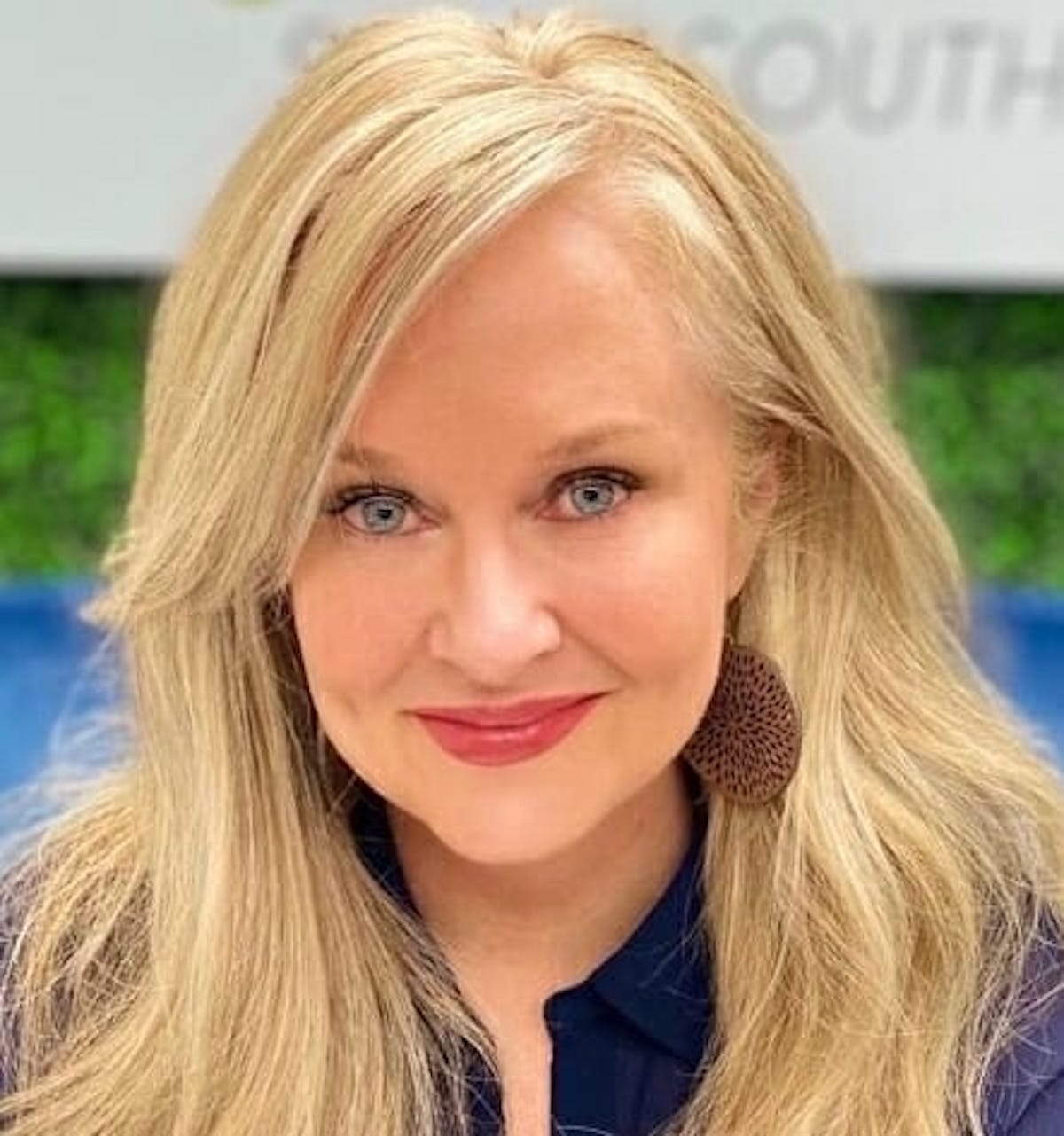Editor’s Note: This is Part 2 of a two-part series. Read Part 1 here.
When a friend posted on Facebook that young Black men might need to be “reminded” of the value of Black women as potential life partners, my thoughts were more complex than the simple “I agree” I posted in response.
I promised her I would elaborate but I wanted to find out first why she made the post. She replied that a friend’s announcement of his son’s engagement triggered a sense of dread that yet another young Black man was marrying outside his race.
“When I got to the pictures of the couple, I was genuinely surprised, and the fiancée was a Black woman,” she said. “I recognized that it shocked me. … Almost every other post of a young guy in a couple situation was with a white woman.”
Her reaction is well founded. Saying Black women face an uphill climb when it comes to dating and marriage is an understatement.
Just look at the numbers: The U.S. Census counts about 88 Black men for every 100 Black women. White women enjoy a more favorable ratio of 100 to 97 with white men.
Blackdemographics.com reports only a third of all Black men are married, compared to 49 percent of the entire adult male population. Black men actually were more likely to be married than white men until the early 1960s. At that point the percentage of Black men who reported as “Never married” more than doubled.
High incarceration rates for Black men make it harder for Black women to find suitable partners of their own race. Governing.com did a study showing the only places where Black men substantially outnumbered Black women were areas that had prisons.
Subtract from the Black male dating pool the portion who are LGBTQ – generally, 10 percent of the entire population is considered to fall under that category – and the sum of these factors leads one to think the common lament that all the “good” Black men are married, in jail or gay might not be so outrageous.
Don’t forget to factor in lower rates of college attendance and fewer degrees earned, a higher likelihood of working low-paying jobs, higher mortality rates, and the concentration of eligible Black men in larger urban areas. This is the diminished pool from which Black women have to choose. Never mind they are improving their own education and marketability: Black women in higher numbers and outnumber Black men in earning bachelor’s, master’s and doctoral degrees.
With all that, 15 percent of Black men still will choose to marry a woman of another race. This has profound implications for the Black community in terms of social influence, wealth accumulation and generativity. It is no less devastating at the personal level.
My friend said she worries “we will continue to have – generationally – women who do not have the opportunity to date and marry because Black men have walked away from them (a significant minority) and other racial groups generally will not see them as suitable partners.”
I asked whether she shared her concerns with her son. She said she had, ranking the awkwardness level of the conversation right behind the talk about birth control.
Author Ta-Nehisi Coates considers a lot of this discussion as so much needless hand wringing.
“For people who are really working at commitment, a relationship quickly ceases to be a political statement,” he writes in The Atlantic. “No committed person goes to bed with Black spouse or a white spouse. … They go to bed with an individual who (hopefully) has very specific idea(s) about their life that go beyond whether the revolution will be televised, or not.”
I agree with him in my head, but it hurts my heart to think Black women are out here giving the world so much of its culture and leading the push to save America from itself, only to have to struggle to save themselves from lives of childlessness or single parenthood and having to finance their lives on single incomes in a world built for two.
Coates is right that love isn’t political, except sometimes, it is. There are reasons laws against miscegenation were written and enforced for so long. Even if we can choose more freely now who to love, that freedom has come at a cost that Black women are paying.
Black women have been “ride or die” for Black men, and they deserve better than to be left on the side of the road.
Terry E. Manning lives and works in Savannah, Ga. He is a Clemson graduate and worked for 20 years as a journalist. He can be reached at teemanning@gmail.com.






